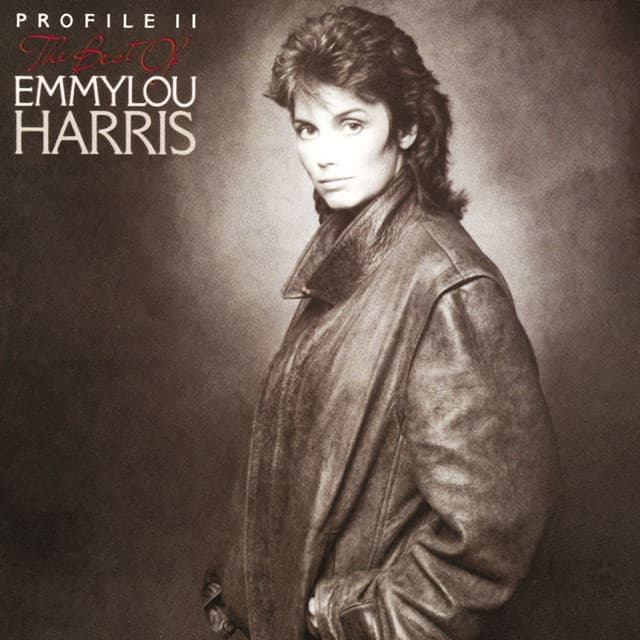
The Haunting Echo of a Secret Heartache
It’s a song that settles over you like a deep, late-evening mist, carrying the undeniable ache of a truth held too long in silence. Emmylou Harris‘s definitive recording of “Beneath Still Waters” stands as a magnificent testament to classic, heartbroken country music. Released as a single in 1980 from her seminal 1979 album, $Blue Kentucky Girl$, this track soared to the top of the charts, becoming Harris‘s fourth No. 1 hit on the Billboard Hot Country Singles chart in the U.S. and reaching the coveted No. 1 spot in Canada as well. The song’s success reaffirmed her dedication to a more traditional, acoustic country sound, a deliberate “zag” against the encroaching “Urban Cowboy” pop-country trend of the era.
Written by the legendary Dallas Frazier in 1967, and first recorded by George Jones, “Beneath Still Waters” is a masterclass in country poetry. It takes the familiar adage that “still waters run deep” and applies it to the quiet, dignified sorrow of a woman who has lost her love. The narrative is profoundly introspective and intensely moving, capturing the feeling that while the world sees a woman going about her life—smiling, moving forward—a monumental, unshakeable grief is harbored beneath the calm surface. “The change in me don’t show to you,” she sings, the words a gentle admission that she’s perfected the act of camouflage.
For listeners who remember those years, this song felt like a breath of authentic, melancholic air. Emmylou Harris’s voice, always a blend of crystalline purity and profound, lived-in wisdom, is perfectly suited to the material. She doesn’t just sing the lyrics; she inhabits the sorrow, delivering a performance that is both restrained and devastating. The sparse, traditional arrangement—featuring James Burton on electric guitar and the inimitable Hank DeVito on pedal steel—lends an ethereal, almost spectral quality to the recording, allowing the emotional nuance of the vocal to take center stage. The band’s exquisite playing, recorded on the famous Enactron Truck mobile studio, provides a supportive frame of beautiful, high-lonesome sound.
The meaning of the song resonates so deeply because it speaks to a universal, often-unacknowledged human experience: the pressure to present a composed, functional self to the world even when one is fundamentally broken inside. It’s a quiet courage—the strength it takes to wear a smile when your heart feels permanently shattered. For older readers, it conjures memories of a time when emotional display was less common, and people often carried their heaviest burdens privately, letting the world see only the smooth surface of the water, never suspecting the tumultuous currents churning far beneath. Harris brings this stoic, yet intensely vulnerable, character to life, transforming Frazier’s well-written song into a timeless monument to hidden heartbreak. Her version, produced by Brian Ahern, is not merely a cover; it’s an interpretive peak for a song that needed her distinct, angelic delivery to find its true, aching soul.
This classic performance provides a look at Emmylou Harris‘s enduring artistry. You can hear “Beneath Still Waters” on her 1979 album, $Blue Kentucky Girl$, where it sits proudly among other traditional gems, marking a moment where a respected artist bravely guided country music back toward its roots.